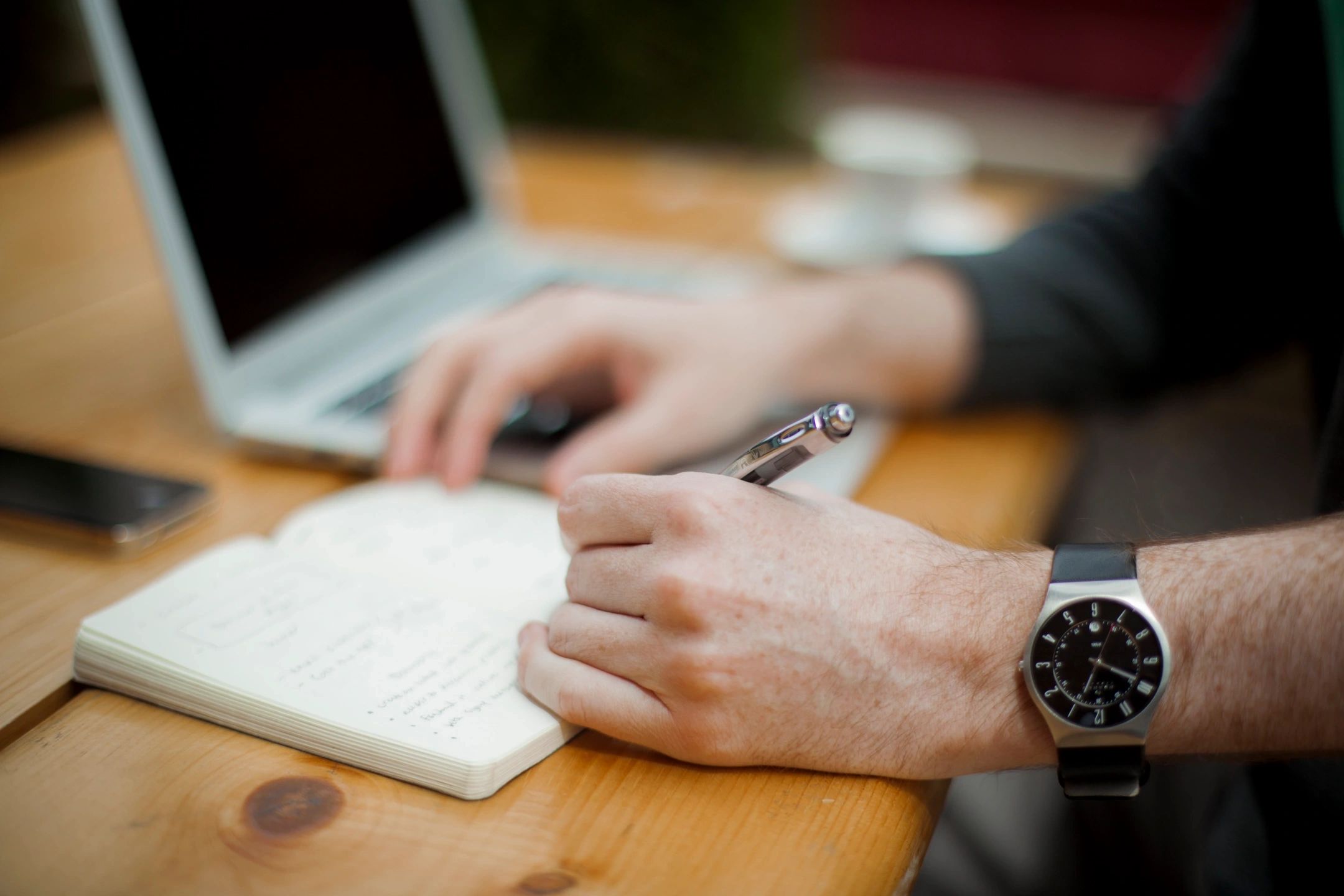Has your laptops webcam been compromised?

Following on from International Data Privacy Day the data security experts at Wisetek have compiled their top tips on how to tell if your device has been hacked.
“The amount of people working remotely has meant an increase in opportunity for potential hackers and bad actors” notes Milica Vojnic, Data Security Expert at Wisetek “Webcam hacking is one of the most common and scary security breaches that can occur. Hackers can gain access to your webcam in a variety of ways, through unsecured WiFi networks, weak passwords, remote access software or just general IoT vulnerabilities.”
How Can I Tell If My Webcam Has Been Hacked?
There are a number of tell-tale signs that can indicate someone is accessing your webcam without your knowledge –
Unfamiliar Programs or Desktop Icons – “If you notice any unfamiliar programs or icons on your computer, it could be a sign that someone has gained access to your webcam. Unusual desktop icons can be a sign that your webcam has been hacked because they may indicate that a hacker has installed remote access software on your computer. This software, also known as remote administration tools (RATs), allows a hacker to take control of your computer and access your webcam. Once the hacker has access to your computer, they can use the webcam to watch or record your activities, steal your personal information, or install other malicious software.”
Unusual Computer Activity – “If your computer is running slow or behaving in unexpected ways, this may be a sign that someone is remotely controlling your webcam.”
Unusual network activity – “If you notice any unusual network activity, such as data being sent or received when you’re not using your webcam, it could be a sign that someone has hacked into it. As mentioned earlier, when a hacker gains access to your webcam, they can use it to watch or record your activities, steal your personal information, or install other malicious software. In order to do this, they need to establish a connection between their own computer and yours. This connection can cause unusual network activity, as the hacker’s computer is sending and receiving data from your computer. One sign of unusual network activity that may indicate a hacked webcam is an increase in internet traffic, as the hacker’s computer is communicating with your computer. You may notice that your internet connection is slower or that your computer is using more bandwidth than usual. You may also see new or unknown connections to your computer, or an increase in the number of incoming and outgoing packets. Another sign of unusual network activity is the presence of unknown or suspicious connections, for example, connections to unfamiliar IP addresses or domains, or connections that use unusual ports. This can indicate that a hacker is using your webcam to communicate with their own computer or with other computers on the internet.”
The webcam LED light is on when not in use – “Normally, the webcam LED light should turn on only when you are using the webcam. If the light is on when you’re not using the webcam, it could be a sign that someone else is.”
Pop-up messages or notifications – “If you receive pop-up messages or notifications when you’re not using your webcam, it could be a sign that someone has hacked into it.”
Unusual software update – “If your webcam software or driver is unexpectedly updated, it could be a sign that someone has taken control of your webcam.”
What Do I Do if My Webcam Has Been Hacked?
If you suspect your webcam has been hacked, time is of the essence in order to protect your privacy and secure your device –
“If you seriously suspect your webcam has been compromised, you need to take immediate action, do not let the issue linger.” notes Vojnic.
Disconnect from the internet: “Disconnect your computer from the internet to prevent any further access by the hacker. This will stop them from being able to control your webcam or steal your personal information.”
Run a full system scan: “Running a full system scan using a proper, reputable antivirus program is a necessity. This will check for any malware or malicious software that may have been installed on your system and will help to identify and remove any potential threats.”
Change all of your passwords: “Change all of your passwords, especially the ones related to your email and other personal accounts in order to prevent hackers from accessing your personal information.”
Uninstall any suspicious software: “Uninstall any suspicious software or programs that you may have recently downloaded or installed. This could include remote access tools or other malicious software.”
Check for unauthorized access: “Check for any unauthorized access to your computer by reviewing your system logs and security settings. This will help you identify any suspicious activity and take appropriate action.”
Consider disabling or covering your webcam: “If you are concerned about future hacking attempts, consider disabling or covering your webcam when not in use. This will physically prevent hackers from accessing your webcam.”
Be vigilant in the future: “Be vigilant in the future and stay aware of the potential signs of a hacked webcam. Regularly update your computer security software such as antivirus and firewall to keep the hackers out, and be cautious when downloading files or clicking on links from unknown sources.”
How Can I Avoid This Happening in The Future?
Now we know the signs and how it happens, how can we avoid it? It’s a relatively simple process and just requires some common sense.
“The vast majority of the advice around avoiding a hack is just common sense, keep your passwords secure and avoid suspicious looking links, that’s always a general rule of thumb.” Milica Vojnic, Wisetek
Use a webcam cover: “A physical webcam cover is the most effective way to prevent hackers from accessing your webcam. It is a small sliding cover that can be placed over the lens of your webcam. This will physically block the view of the hacker even if they gain access to your computer. These hackers target thousands of people weekly, if they do gain access to your webcam only to find it obstructed, they’ll move on to their next target as you are of no use to them. Alternatively, If you’re not using your webcam, just disconnect it from your computer or unplug it from the wall to prevent hackers from being able to access it. This is an incredibly simple way to prevent access.”
Keep your operating system and software up-to-date: “Cybercriminals often take advantage of known vulnerabilities in software and operating systems to gain access to a computer. By keeping your operating system and software up-to-date, you can ensure that any security patches and updates have been applied, which can help protect your computer from known vulnerabilities.”
Use a firewall: “A firewall can act as a barrier between your computer and the internet, blocking incoming connections from hackers. This can help prevent hackers from being able to gain access to your computer and webcam.”
Use strong passwords: “Strong and unique passwords can make it more difficult for hackers to gain access to your computer and other accounts. Avoid using easily guessable information such as your name, birthdate, or common words. Use a combination of upper and lowercase letters, numbers, and special characters to make it harder for hackers to crack.”
Be cautious when downloading files or clicking on links: “Malicious files and links can be used to install malware or remote access software on your computer, which can give hackers access to your webcam. Be careful when downloading files from the internet or clicking on links in emails, and only download files or click links from trusted sources.”
Use anti-virus software: “Anti-virus software can help detect and remove malware and other malicious software that may be on your computer. Keep your anti-virus software up-to-date and run regular scans to help protect your computer from hacking.”
Limit the use of public or unsecured networks: “Public or unsecured networks can be vulnerable to hacking, as they may not have the same level of security as a private network. Consider using a Virtual Private Network (VPN) to encrypt your connection when using public wifi, or avoid using public wifi altogether if possible.”
Why are Webcams Such a Target?
“Webcams can be targeted for a number of quite scary reasons. In the past decade or so there has been a sharp increase in the amount of bad actors hacking webcams for blackmailing purposes. Access is gained with the intention of blackmailing the people who use them. They may threaten to release sensitive or embarrassing footage unless the victim pays them a ransom or meets other demands. Others gain access to webcams with the intention of spying on the people who use them. They may be looking for private or personal moments to watch or record. This type of hacking is often referred to as “camfecting. There have also been various reports of identity theft related to webcam hacks, hackers may use the footage or images captured by the webcam to steal personal information such as credit card numbers, Social Security numbers, or other sensitive information.”






